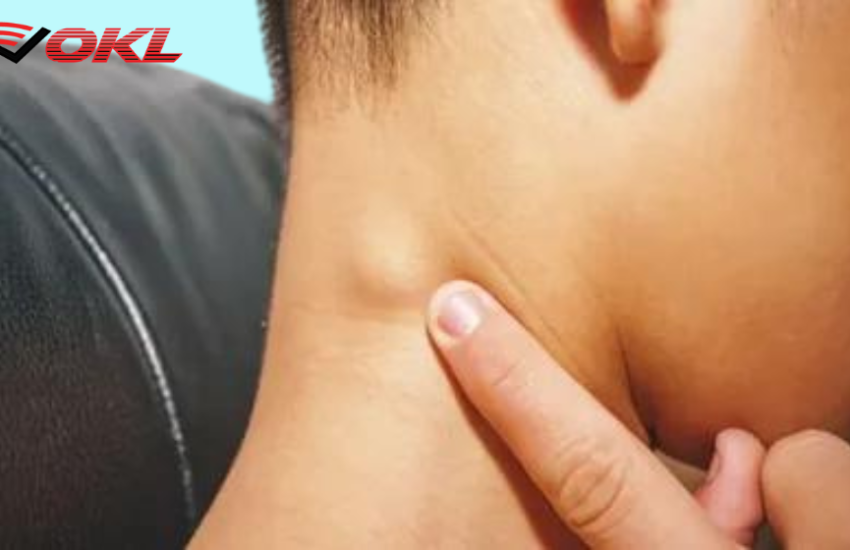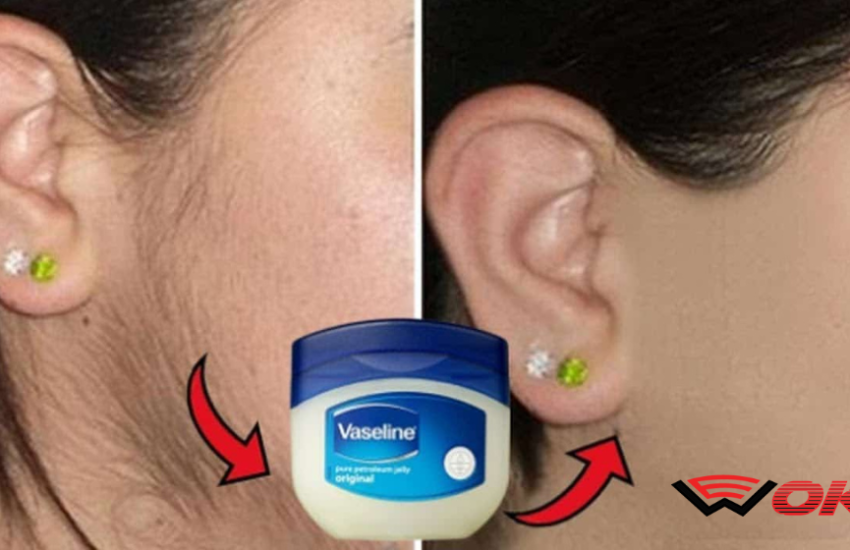10 Signs You Are Not Drinking Enough Water!
- Feeling Exhausted According to Dr. Emma Derbyshire from the Natural Hydration Council, dehydration can leave you feeling drained because your body struggles to conserve energy effectively. Dehydration is linked to about 10% of fatigue cases.
- Digestive Troubles Water is essential for keeping stools soft and supporting regular bowel movements. Insufficient water intake can lead to constipation and extended bathroom visits.
- Eye Irritation Dr. Simon points out those tears, which are primarily composed of water, play a crucial role in protecting and moisturizing your eyes. Without adequate hydration, you may experience discomfort, particularly if you use contact lenses.
- Higher Risk of Kidney Stones Not drinking enough water can increase the likelihood of kidney stones, which can block the urinary tract and result in infections or abdominal pain.
- Unpleasant Breath According to Dr. Simon, drinking sufficient water stimulates saliva production, which helps to flush out bacteria that cause bad breath.
- Joint Discomfort Maintaining proper hydration is important for keeping joints lubricated, which can help prevent aggravation of arthritis-related symptoms.
- Headaches Dehydration can lead to headaches, along with dizziness and nausea. Increasing your water intake may help relieve these symptoms.
- Impaired Physical Performance Dr. Simon notes that dehydration can diminish your physical performance and elevate the risk of cardiovascular issues and stroke due to decreased blood flow.
- Trouble Focusing Since the brain is sensitive to changes in hydration, dehydration can impair concentration, cause mental fatigue, and reduce cognitive abilities.
- Challenges with Exercise Both moderate and intense physical activities require adequate hydration. For prolonged workouts (40-60 minutes), you may also need to replenish electrolytes in addition to fluids.
Recommendations The European Food Safety Authority suggests that men should aim for around 2.5 liters of water per day and women about 2 liters, through both beverages and food.
However, be mindful of overhydration. Drinking excessive amounts of water can lead to a rare condition known as overhydration, which dilutes sodium levels in the blood and can disturb fluid balance in the body.
- Feeling Exhausted According to Dr. Emma Derbyshire from the Natural Hydration Council, dehydration can leave you feeling drained because your body struggles to conserve energy effectively. Dehydration is linked to about 10% of fatigue cases.
- Digestive Troubles Water is essential for keeping stools soft and supporting regular bowel movements. Insufficient water intake can lead to constipation and extended bathroom visits.
- Eye Irritation Dr. Simon points out those tears, which are primarily composed of water, play a crucial role in protecting and moisturizing your eyes. Without adequate hydration, you may experience discomfort, particularly if you use contact lenses.
- Higher Risk of Kidney Stones Not drinking enough water can increase the likelihood of kidney stones, which can block the urinary tract and result in infections or abdominal pain.
- Unpleasant Breath According to Dr. Simon, drinking sufficient water stimulates saliva production, which helps to flush out bacteria that cause bad breath.
- Joint Discomfort Maintaining proper hydration is important for keeping joints lubricated, which can help prevent aggravation of arthritis-related symptoms.
- Headaches Dehydration can lead to headaches, along with dizziness and nausea. Increasing your water intake may help relieve these symptoms.
- Impaired Physical Performance Dr. Simon notes that dehydration can diminish your physical performance and elevate the risk of cardiovascular issues and stroke due to decreased blood flow.
- Trouble Focusing Since the brain is sensitive to changes in hydration, dehydration can impair concentration, cause mental fatigue, and reduce cognitive abilities.
- Challenges with Exercise Both moderate and intense physical activities require adequate hydration. For prolonged workouts (40-60 minutes), you may also need to replenish electrolytes in addition to fluids.
Recommendations The European Food Safety Authority suggests that men should aim for around 2.5 liters of water per day and women about 2 liters, through both beverages and food.
However, be mindful of overhydration. Drinking excessive amounts of water can lead to a rare condition known as overhydration, which dilutes sodium levels in the blood and can disturb fluid balance in the body.



